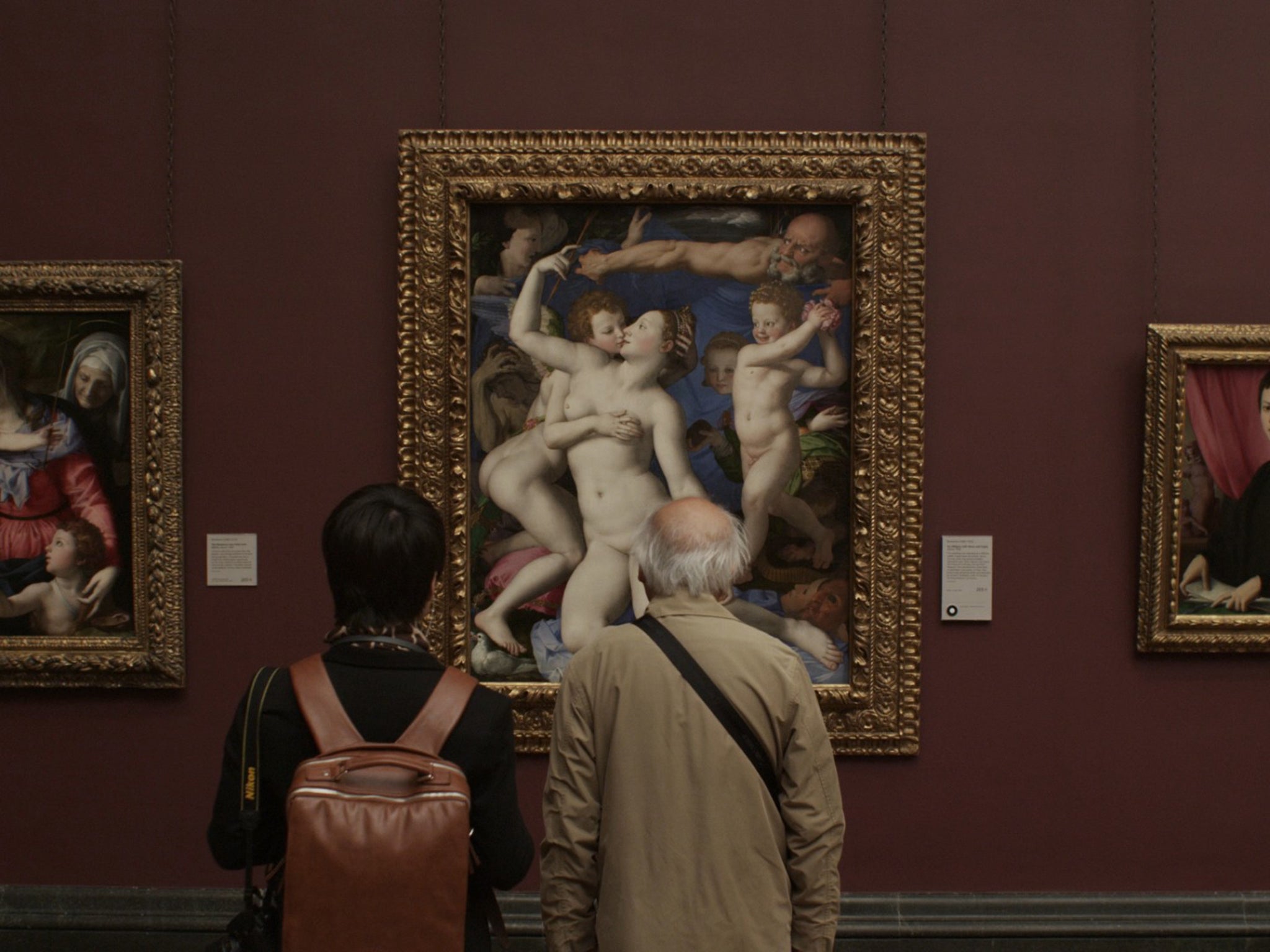Science and maths aren’t as important as you think – History of Art taught me more about life than biology
On a part-time course I really grasped how vital History of Art is. It is essentially the history of a culture in a specific place; it is what society in Rome, Nairobi, Paris or Bejing at that time thought was important

Your support helps us to tell the story
From reproductive rights to climate change to Big Tech, The Independent is on the ground when the story is developing. Whether it's investigating the financials of Elon Musk's pro-Trump PAC or producing our latest documentary, 'The A Word', which shines a light on the American women fighting for reproductive rights, we know how important it is to parse out the facts from the messaging.
At such a critical moment in US history, we need reporters on the ground. Your donation allows us to keep sending journalists to speak to both sides of the story.
The Independent is trusted by Americans across the entire political spectrum. And unlike many other quality news outlets, we choose not to lock Americans out of our reporting and analysis with paywalls. We believe quality journalism should be available to everyone, paid for by those who can afford it.
Your support makes all the difference.Imagine being told you will never be given the chance to study the works of Charles Dickens at school, because learning about Victorian literature is “soft”, overtly “specialist” and not relevant. Actually, not just Victorian literature. Any literature – or music. Or actually, any creativity from the past. It’s all just a bit posh and a bit silly. Furthermore Dickens, Mozart and Shakespeare have nothing to do with STEM, which as we all know is the key to a good career.
This is basically how the thinking goes on the study of History of Art, which has just been abandoned as a subject in English schools both at A Level and AS Level. Why? Because it is “specialist”. Because it necessitates the visiting of galleries. Because it is “soft”.
I did History of Art A Level in the science lab. We sat on stools and looked at slides of the world’s masterpieces while our teacher Mrs Todd told us about the frescoes by Masaccio. The Arnolfini Wedding by van Eyck. Botticelli’s Mystic Nativity. In looking at these images, we learned about humanity, about history, about murder, theft, power, propaganda, and love. About philosophy, politics and radical thought. I don’t call that specialist – I call that life.
Because History of Art is not about looking at pretty pictures, or Christmas card-type visions of Madonnas and their bambinos. It really isn’t. Go to the National Portrait Gallery, and look at the pictures of the hatchet-faced Tudors. Go to the National Gallery, and look at the sheer erotica of The Rokeby Venus. Marvel at the working ethos evinced in Seurat’s bathers. I could go on. There’s a lot of cultural issues to unpack from these urgent canvasses.
About ten years ago I enrolled on the part-time “Survey” course, unofficially dubbed “from Plato to Nato” at the Courtauld Institute in London. We did everything; Greek sculpture, Gothic architecture to Damien Hirst. This is when I really grasped how vital History of Art is. It is essentially the history of a culture in a specific place; it is what society in Rome, Nairobi, Paris or Bejing at that time thought was important.
Radical politics, as evinced by the groupings of the Magi around a Nativity scene. Sexual politics, as seen in a woman on a swing. Paeans to industry, to patriotism, to religion, devotion, savagery, wealth, and escapism – the world’s galleries reveal very heart and soul of human life, thought and emotion, poured out over thousands of years across the world on canvas, on wood, and in marble, bronze, terracotta and straw. And studying History of Art shines a light on it, just as studying biology helps you understand plants.
“Oh well” say the examining boards. “People can always pick up History of Art at university.” Really? Without an early grounding, why on earth would you ever choose History of Art? And without the confidence of seeing the subject provided at A Level, how could any student take the subject seriously?
Yes, you can pick up much from audio-guides. But closing the educative door for young people in the visual arts is criminal. All but the most determined autodidact will wander through the rooms at Glasgow’s Burrell Collection, the Ferens in Hull, the Walker in Liverpool, or the National in London, not knowing, because they will have no context. You will see solemn Madonnas clutching tiny babies. You will see a horse with no saddle, rearing. You will see a bunch of sunflowers. You will see wallpaper.
Join our commenting forum
Join thought-provoking conversations, follow other Independent readers and see their replies
Comments